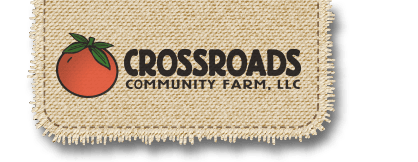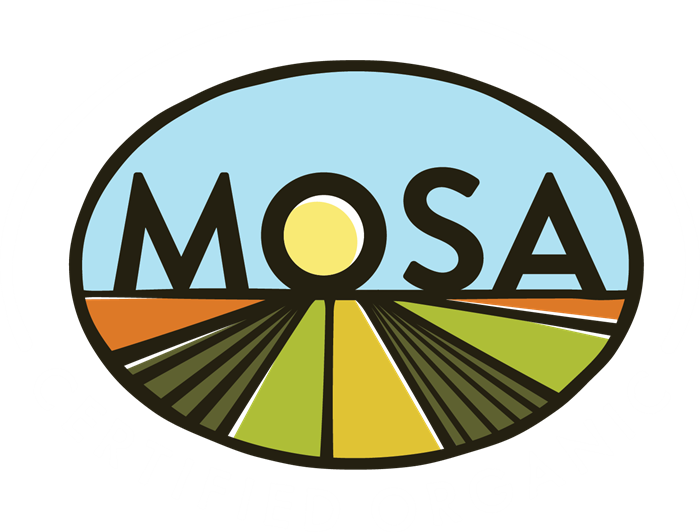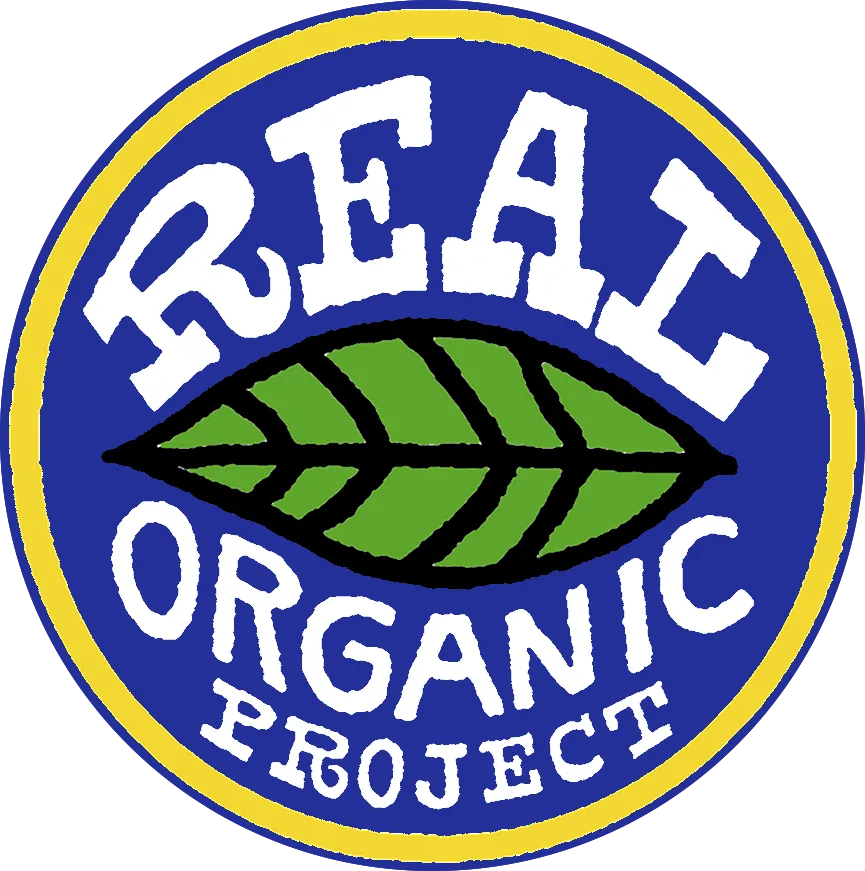Caterpillars in Broccoli – It’s Natural!: Week #19 – 10/16/19
Our fall brassicas, namely our broccoli and cauliflower at the new land, have been hit hard with a very common pest – the cabbage moth and their babies, the cabbage moth caterpillar. Brassicas are the vegetable family that include broccoli, cauliflower, cabbage, rutabaga, kale, turnips, bok choi, tatsoi, mustards, and brussels sprouts.
Typically the lifecycle of the cabbage moth goes like this: Adult moths emerge from pupae in soil during May and June. They then mate and females lay eggs – sometimes up to 2500 of them. They lay them on the underside of brassica leaves. Once hatched, these caterpillars eat and eat the brassica leaves. While they do this, they poop a lot! They then burrow into the ground as they form into pupae. Typically they wait out the winter in the pupae/soil situation and then hatch in late spring.
Damage they cause to our crops typically doesn’t affect the growth of our plants. The caterpillars really do chow down on the leaves of broccoli, cauliflower, kale and Brussels sprouts (these seem to be their favorite), but the plants’ overall yields don’t seem too affected by them.
The main damage these moths cause is leaving behind their unsightly poop, or ‘frass’ on our food, or the caterpillars themselves showing up in our kitchens because they were enjoying a nice little cranny inside a broccoli head.
As organic growers we do have some tools to control cabbage moths and their caterpillars: Bt. This stands for bacillus thuringiensis. It’s a naturally occurring bacteria that lives in the guts of these creatures. When they are sprayed with much stronger doses of it, it basically tears up their intestinal tract so that they can no longer eat. Then they starve to death.
Late this summer we underestimated the moth population and the lack of other food for them at our new farm land. We did not spray the crops with Bt. So bottom line, it’s very possible you might find a caterpillar or two or three in your broccoli. Or maybe a few bits of frass on your cauliflower.
Before you freak out with how gross this all sounds, please remember, this is totally natural. Just because you don’t typically see a worm hanging out in your broccoli from the store, it doesn’t mean it wasn’t at one time a home for caterpillars and lots of frass. This is part of the natural cycle of things. Cabbage moths have literally evolved along with cultivated forms of plants in the Brassica family.
Just to hit home how natural and harmless this all is, note that Gerber baby food has an ‘allowable limit’ for certain bugs and caterpillars as a percentage of their baby food. No joke. Again, this isn’t because Gerber is somehow disgusting, rather it’s because bugs on our food is part of the natural course of things.
The good news is, it’s pretty easy to deal with the caterpillars and frass you might discover. Just soak your broccoli or cauliflower for a few minutes in regular water. Most of the frass will float off. The caterpillars (which are usually already dead from being in our coolers) will float to the surface as well. Then enjoy as you would normally.
Now I know that you might react to a caterpillar in your food in many different ways. We get that. But if you take away anything from this newsletter, remember that they are harmless and your food is still perfectly edible.
You could think of us as farmers who messed up in making an estimated insect population level assessment. And that would be true. We did not spray when in hindsight we should have. But if you choose to look at us that way, please remember that while we can use organically approved, naturally derived pesticides to control pests, we don’t like to unless we have to. And please don’t forget all the countless brassica family crops you have received so far this season where you were blissfully ignorant to the natural fact of cabbage moths and their caterpillars.
I would encourage you to reflect on the true meaning of a caterpillar in your food. It tells you that your food is clean and safe.
If you eat conventional broccoli, it has most definitely been sprayed with a chemical pesticide that killed the majority of the cabbage moths and the caterpillars. So, no chance of caterpillars or frass, but a definite chance of pesticide residue on your food. And even more definite chance of chemical pesticides running off into area ecosystems, continuing to cause harm to many living things beyond the cabbage moth.
In contrast, with organic broccoli either no spray was used OR it was a Bt derivative, which breaks down in about a day or so. It does not persist in the environment.
So in other words, this is a long-winded way of trying to calm any fears you might have about caterpillars in your broccoli. And instead teach you that caterpillars in your broccoli really are a sign of safe, clean, natural food.
Enjoy your veggies!
Farmer Cassie





